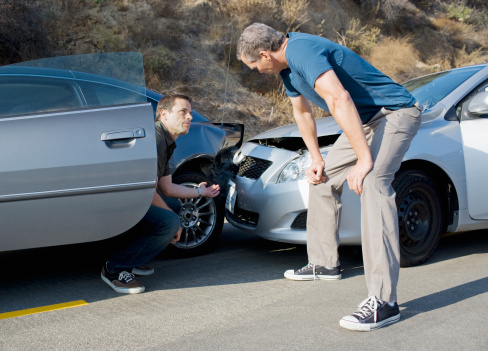
Rear-end collision
Rear-end collision claims, caused most frequently by tailgating, can be avoided by maintaining a safe distance between you and the vehicle in front of you. The recommended distance is one car length for every 10 miles of driving speed. So, if you're driving 60 miles per hour, keep at least six car lengths behind the vehicle in front of you. You can also avoid being rear-ended by not rushing to a red light or stop sign and coming to an abrupt stop. Instead, you should gradually slow to a stop and identify an escape route in case the driver behind you isn't paying attention.
Recommended For You
Want to continue reading?
Become a Free PropertyCasualty360 Digital Reader
Your access to unlimited PropertyCasualty360 content isn’t changing.
Once you are an ALM digital member, you’ll receive:
- Breaking insurance news and analysis, on-site and via our newsletters and custom alerts
- Weekly Insurance Speak podcast featuring exclusive interviews with industry leaders
- Educational webcasts, white papers, and ebooks from industry thought leaders
- Critical converage of the employee benefits and financial advisory markets on our other ALM sites, BenefitsPRO and ThinkAdvisor
Already have an account? Sign In Now
© 2025 ALM Global, LLC, All Rights Reserved. Request academic re-use from www.copyright.com. All other uses, submit a request to [email protected]. For more information visit Asset & Logo Licensing.








